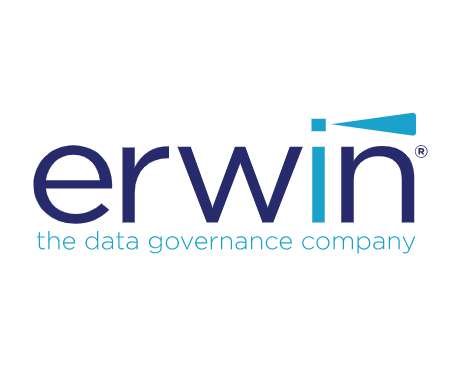AI Governance: Break open the black box
IBM Big Data Hub
OCTOBER 4, 2022
Customers, employees and shareholders expect organizations to use AI responsibly, and government entities are demanding it. Failure to meet regulations can lead to government intervention in the form of regulatory audits or fines, damage to the organization’s reputation with shareholders and customers, and revenue loss.













Let's personalize your content